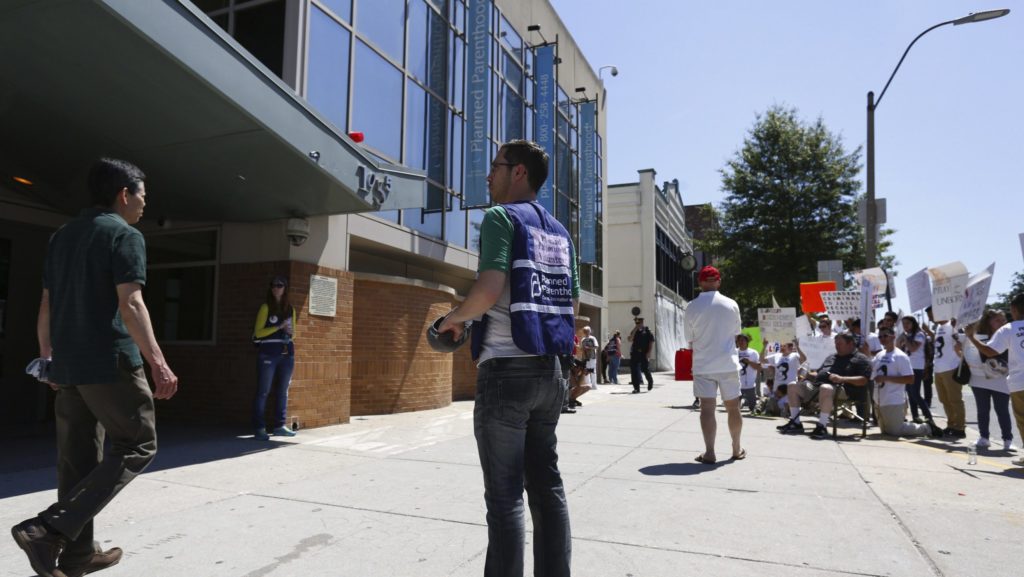A federal judge on July 21 extended an order blocking enforcement of a provision in the "One Big Beautiful Bill Act," which President Donald Trump signed into law July 4, that would have stopped Planned Parenthood from receiving Medicaid payments for a year.
U.S. District Judge Indira Talwani in Boston extended her previous order, set to expire the same day, partially granting Planned Parenthood's request for a preliminary injunction while its lawsuit against the Trump administration proceeds.
The order does not apply to all Planned Parenthood members, but to those Planned Parenthood Federation and its affiliates named in the suit who "satisfy the remaining requirements to obtain a preliminary injunction."
Talwani's order chiefly hinged on making a distinction between Planned Parenthood member groups that offered abortion and those that did not.
The injunction prohibits the government from defunding "Planned Parenthood Association of Utah and other Planned Parenthood Federation of America Members who will not provide abortion services as of October 1, 2025" or those members for which the total state and federal Medicaid expenses in fiscal year 2023 did not exceed $800,000 in reimbursements.
The order mandates the government take all steps necessary to ensure that Medicaid funding continues to be disbursed to the 10 Planned Parenthood member groups that fulfill these conditions.
The One Big Beautiful Bill Act, which enacted key items of Trump's legislative agenda on issues including taxes and immigration, included a provision eliminating funds to health providers who also perform abortions -- but just for one year. Although it was not named in the provision, Planned Parenthood, the nation's largest abortion provider, sued in response, arguing the parameters for ending these funds effectively singled it out.
Marjorie Dannenfelser, president of Susan B. Anthony Pro-Life America, argued in a statement, "An activist judge just prolonged the forced taxpayer funding of Big Abortion, a desperate attempt to run out the clock, and a shameful abuse of our tax dollars. Every day her decision remains in effect, millions are funneled into a business that profits from ending unborn lives and putting women at risk."
A joint statement from Planned Parenthood Federation of America, Planned Parenthood League of Massachusetts, and Planned Parenthood Association of Utah argued, "This isn't over."
"While we're grateful that the court recognized the harm caused by this law, we're disappointed that not all members were granted the necessary relief today," the statement said. "Patients across the country should be able to go to their trusted Planned Parenthood provider for birth control, cancer screenings, and STI testing and treatment."
The statement expressed disappointment that not all Planned Parenthood affiliates were included, and claimed, "There will be nothing short of a public health crisis if Planned Parenthood members are allowed to be 'defunded.'"
But Dannenfelser contended, "With community health centers outnumbering Planned Parenthood facilities 15 to 1, women have better and more comprehensive alternatives."
She said, "We look forward to the Trump Administration swiftly ending this lawfare and restoring the historic victory secured through the One Big Beautiful Bill."
Federal law generally prohibits the use of Medicaid funds for abortion. Supporters of allowing Planned Parenthood to receive Medicaid funds argue the group provides cancer screening and prevention services -- such as pap tests and HPV vaccinations. But opponents argue the funds are fungible and could be used to facilitate abortion, and should be therefore blocked.

